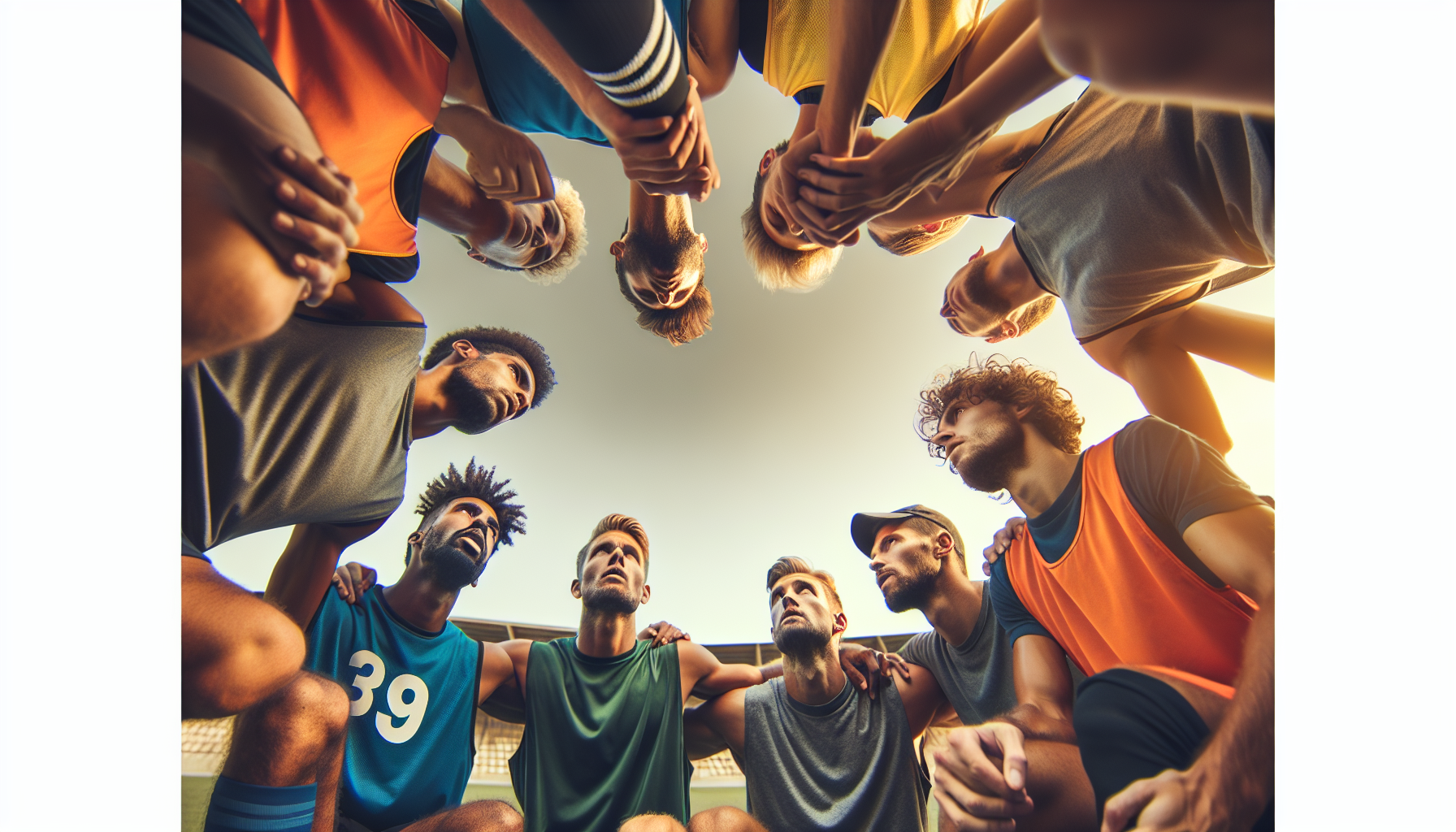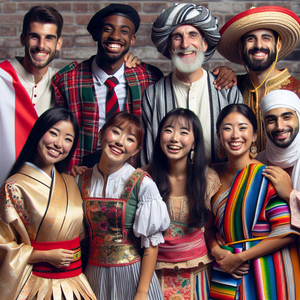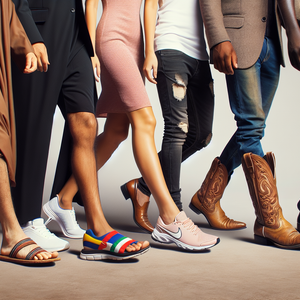Dictionaries as Mirrors of Cultural Change

One of the most visible ways dictionaries reflect cultural change is through the introduction of new words. These additions often arise from technological advancements, societal shifts, or emerging trends. The rise of the internet and social media has led to the incorporation of terms like "selfie," "hashtag," and "ghosting" into mainstream lexicons. The Oxford English Dictionary (OED) officially added "selfie" in 2013, defining it as "a photograph that one has taken of oneself, typically one taken with a smartphone or webcam." This inclusion not only acknowledges the new behavior but also encapsulates the cultural phenomenon of self-documentation in the digital age. Similarly, the COVID-19 pandemic has introduced a plethora of new terminology that reflects our collective experience during this unprecedented time. Words like "social distancing," "quarantine," and "pandemic" have transcended their clinical definitions to become part of everyday vocabulary, underscoring how language evolves in response to global events. The widespread use of such terms during the pandemic illustrates how language adapts to express the realities of contemporary life, shaping how we communicate about shared experiences.
Changes in Definitions
Dictionaries also showcase how definitions can shift over time, reflecting changing societal attitudes and norms. A prime example is the word "marriage." Traditionally defined as a union between a man and a woman, many contemporary dictionaries now include broader definitions that recognize same-sex marriages and diverse family structures. The Merriam-Webster Dictionary updated its definition to include “the state of being united as spouses in a consensual and contractual relationship recognized by law,” highlighting a significant cultural shift toward inclusivity and recognition of diverse relationships. Moreover, the term "woman" has seen its definition evolve in response to growing discussions about gender identity. As societies become more aware of and sensitive to issues of gender fluidity, dictionaries strive to represent these complexities accurately. The American Heritage Dictionary has adapted its definition to acknowledge that the term "woman" can refer to individuals who identify as female, expanding beyond biological definitions to embrace a more nuanced understanding of gender. This evolution in meaning reflects an ongoing dialogue about identity, autonomy, and recognition in contemporary society.
Influence of Cultural Movements
Cultural movements, too, play a pivotal role in shaping language and, consequently, dictionaries. The Black Lives Matter movement, for example, has influenced the inclusion of terms like "systemic racism" and "white privilege," which have gained prominence in public discourse. The definitions of these terms reflect a growing awareness of social justice issues and the need for language that articulates the complexities of race relations. As these concepts become more central to societal conversations, dictionaries serve as important resources for understanding and discussing these critical issues. Furthermore, the #MeToo movement has brought attention to terms such as "consent" and "harassment," prompting dictionaries to refine their definitions to ensure they resonate with contemporary understandings of personal autonomy and respect. The inclusion of these terms and their evolving definitions in dictionaries not only validates the experiences of marginalized groups but also fosters broader societal conversations about equity and justice. By documenting these changes, dictionaries help to educate the public and promote dialogue around important social issues.
Dictionaries are far more than mere collections of words; they are dynamic records of cultural evolution. By documenting the introduction of new words, the changing meanings of existing terms, and the impact of cultural movements, dictionaries serve as a reflection of societal values and priorities. As we continue to navigate an ever-changing world, the role of dictionaries will remain crucial in capturing the essence of our collective experience, ensuring that language keeps pace with the cultural shifts that shape our lives. In doing so, they not only preserve language but also foster understanding and connection in an increasingly diverse society. Ultimately, the study of dictionaries reveals not just the words we use, but the values we hold and the changes we undergo as a society.
Linguistic Data Analyst
Oxford English Dictionary, Merriam-Webster, tech startups focusing on language processing
Core Responsibilities
Analyze language usage patterns and trends across various media sources to identify emerging vocabulary and shifts in meaning.
Collaborate with lexicographers to provide insights on how cultural changes influence language evolution for dictionary updates.
Required Skills
Proficiency in statistical analysis tools and linguistic software.
Strong understanding of sociolinguistics and cultural studies.
Lexicographer
Dictionary publishers such as Collins, Cambridge University Press, and academic institutions
Core Responsibilities
Research and compile definitions of new words and phrases for inclusion in dictionaries, reflecting current usage and cultural relevance.
Reassess and update existing definitions to align with changing societal norms and language use.
Required Skills
Expertise in linguistics, particularly in semantics and etymology.
Excellent writing and editing skills, with an eye for detail and accuracy.
Cultural Researcher
Research firms, universities, non-profits focused on social justice, and media organizations
Core Responsibilities
Conduct qualitative research on societal trends and cultural movements to inform content related to language and identity.
Analyze how cultural phenomena impact language and communication practices within communities.
Required Skills
Strong qualitative and quantitative research skills, including survey design and data analysis.
Experience in cultural studies or anthropology, with a focus on language.
Content Strategist for Digital Media
Media companies, digital marketing agencies, and educational platforms
Core Responsibilities
Develop and implement content strategies that incorporate evolving language trends and cultural discussions to engage diverse audiences.
Monitor social media and digital platforms for emerging language usage and cultural shifts to guide content creation.
Required Skills
Strong understanding of SEO and digital marketing principles.
Ability to analyze data to inform content decisions and audience engagement strategies.
Social Media Language Specialist
Social media agencies, brands with a strong online presence, and organizations focused on language education
Core Responsibilities
Curate and create content that reflects current language trends and cultural movements relevant to target audiences on social media.
Engage with users to foster discussions around language evolution, incorporating feedback for future content.
Required Skills
Proficiency in multiple social media platforms and familiarity with trends in online communication.
Strong writing and interpersonal skills to effectively engage with diverse audiences.


